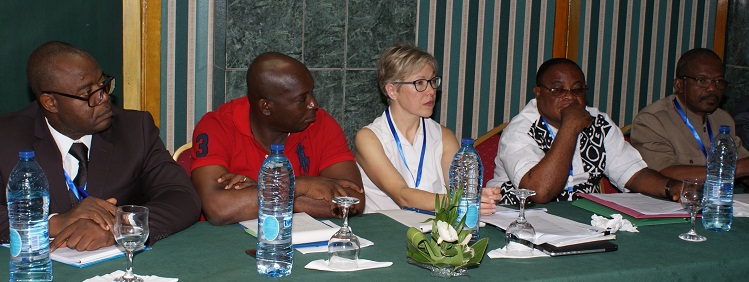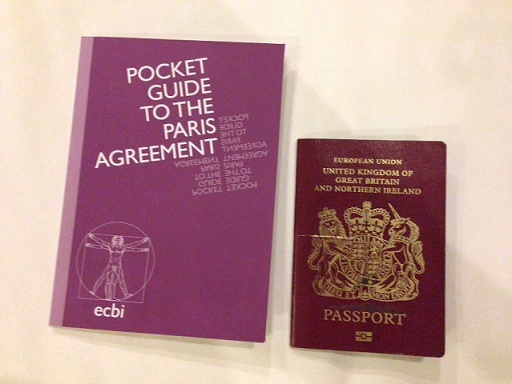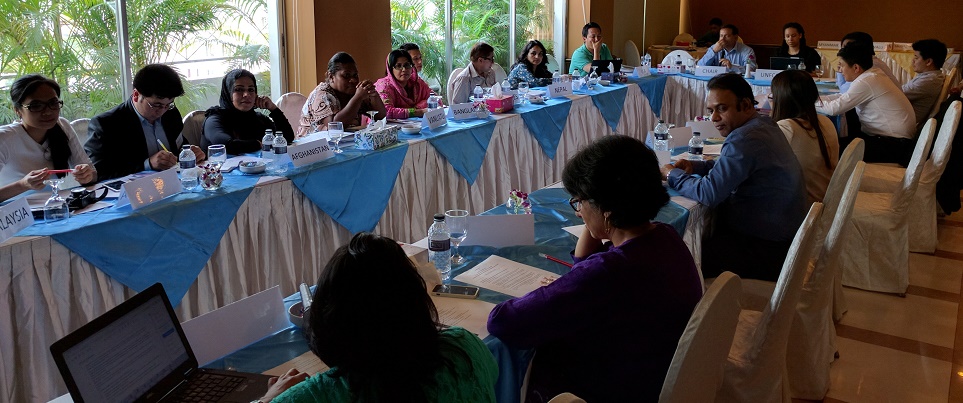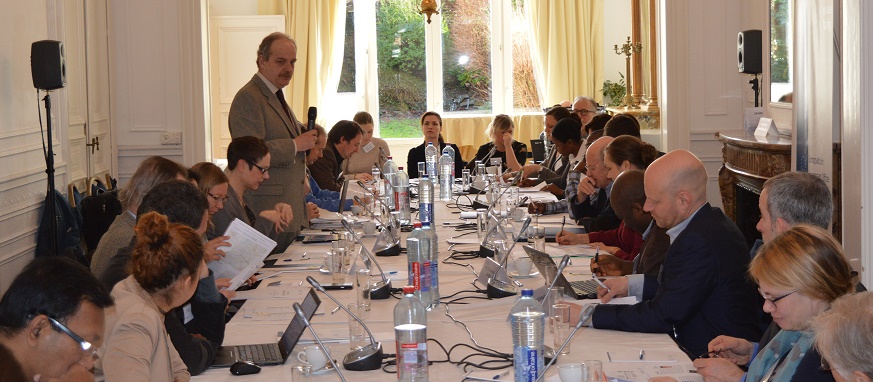9 May 2016

LRI was invited again to participate in a workshop organised in Douala, Cameroon on 2-4 May 2016 by COMIFAC, the Central African forests Commission. The objectives of the workshop were to unpack the Paris Agreement and its implications for the Congo Basin countries (Burundi, Cameroon, Central African Republic, Chad, the Democratic Republic of the Congo, the Republic of the Congo, Equatorial Guinea, Gabon, Rwanda and São Tomé and Principe) in order to enable these countries to put together an action plan of implementation of decisions taken in Paris, to review the countries’ INDCs and to prepare for the next meeting of the subsidiary bodies (SB44).
It was attended by approximately 30 participants, made up of the countries’ national focal points, lawyers from the relevant ministries, REDD+ national coordinators, COMIFAC representatives and funding partners.
LRI presented on the outcomes of the Paris Agreement, commitments made by developing countries, entry into force process and next steps, whilst others focused on climate finance and INDCs analysis.
This workshop was followed by another one on 5-7 May, organised by the Conférence sur les Ecosystèmes des Forêts Denses et Humides d’Afrique Centrale (CEFDHAC), a platform for the protection and sustainable management of Central African forests that serves as a forum for discussion and coordination between the main stakeholders, including goverment representatives, parliamentarians, the private sector, NGOs and other civil society organisations. Participants numbered 50. LRI presented on the main elements of the Paris Agreement and implications for countries in the region.




